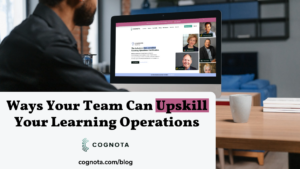Adaptive learning is the concept of using technology to create personalized learning experiences in an online environment. Although it has been a topic of discussion in learning and development for some time, it has been finding greater success in the corporate training environment recently as more tools and technology have been developed to facilitate the concept.
Adaptive learning can be presented in three core functionalities:
- Content: which learning activities (text, graphics, video, etc.) are presented to the learner
- Sequence: the order in which content or modules are presented to the learner
- Guidance: achieving optimal learning outcomes through a personalized learning path that considers the individual learning style and level of difficulty
How it works
Computer algorithms are used to construct these learning paths and changes in content in order to deliver unique learning experiences based on the individual’s needs.
The concept of adaptive learning is not a new one. Even in instructor-led training or traditional classroom teaching, it has long been recognized that environments where attention can be paid to students on a one-to-one basis yield the best results.
Adaptive learning aims to transmit that one-to-one teaching concept to an elearning environment, so the “instructor” (algorithms) can present a similarly personalized and optimized learning experience. This is mostly achieved through the constant collection of data and feedback so that the technology can adapt based on learner responses to tasks and assessments.
Benefits
There are many benefits to adaptive learning. Some are more obvious, as it is widely accepted already that individual learning is best; it was just that the technology did not previously exist to facilitate this in an elearning environment.
Personalized learning paths and tailored content increase learner engagement, course completion rates, and genuine, trackable skill progression.
The other benefits of adaptive learning are not as immediately obvious but are beneficial to the instructional design side of learning. It can save the learning department lots of time and arm them with specific data and oversight into learner progression. It allows course development and design to become highly targeted and streamlined while doing away with the “one size fits all” approach to corporate training.
A successful approach to adaptive learning
According to the CIO Index, there are some core existing competencies an organization should have for adaptive learning implementation to be successful:
- Accurate definition of core competencies and standards: this includes close collaboration with management across the organization to define skill and competency requirements accurately.
- Strong instructional design capabilities
- Robust assessments and metrics: assessment and feedback loops are a critical part of adaptive learning and can help ensure effective skill gap analysis
- Strong governance and commitment to supporting investments: it’s easier to implement adaptive learning (which may require significant investment in IT and systems infrastructure) with senior executive support.
- Strong expertise in organizational development (OD): while OD skills can be outsourced, having in-house capabilities enables an organization to adapt to change far more quickly, efficiently, and effectively.
- Diligent selection of vendors: CLOs need to select the right vendors whose products and services fit the specifications and requirements uncovered early in the process. Trustworthy vendors mitigate many risks in making the journey to adaptive learning.
As learners become more demanding than ever, L&d must keep up with changes in the work environment without compromising on effective learning and quality training. Adaptive learning can help achieve both of these objectives, and while it may require significant investment and a review of longterm strategy, the potential benefits cannot be ignored.
Want to know how your corporate training practices measure up to your peers? Schedule a call with sales today.





